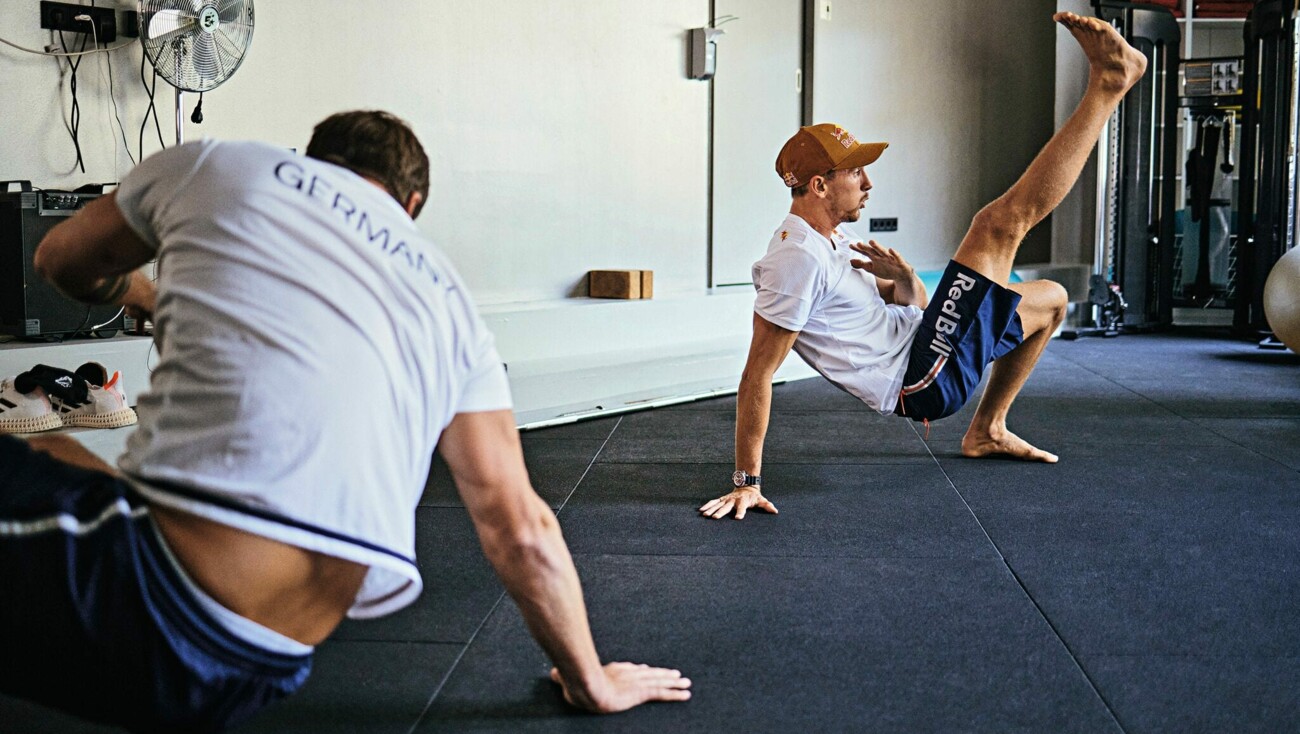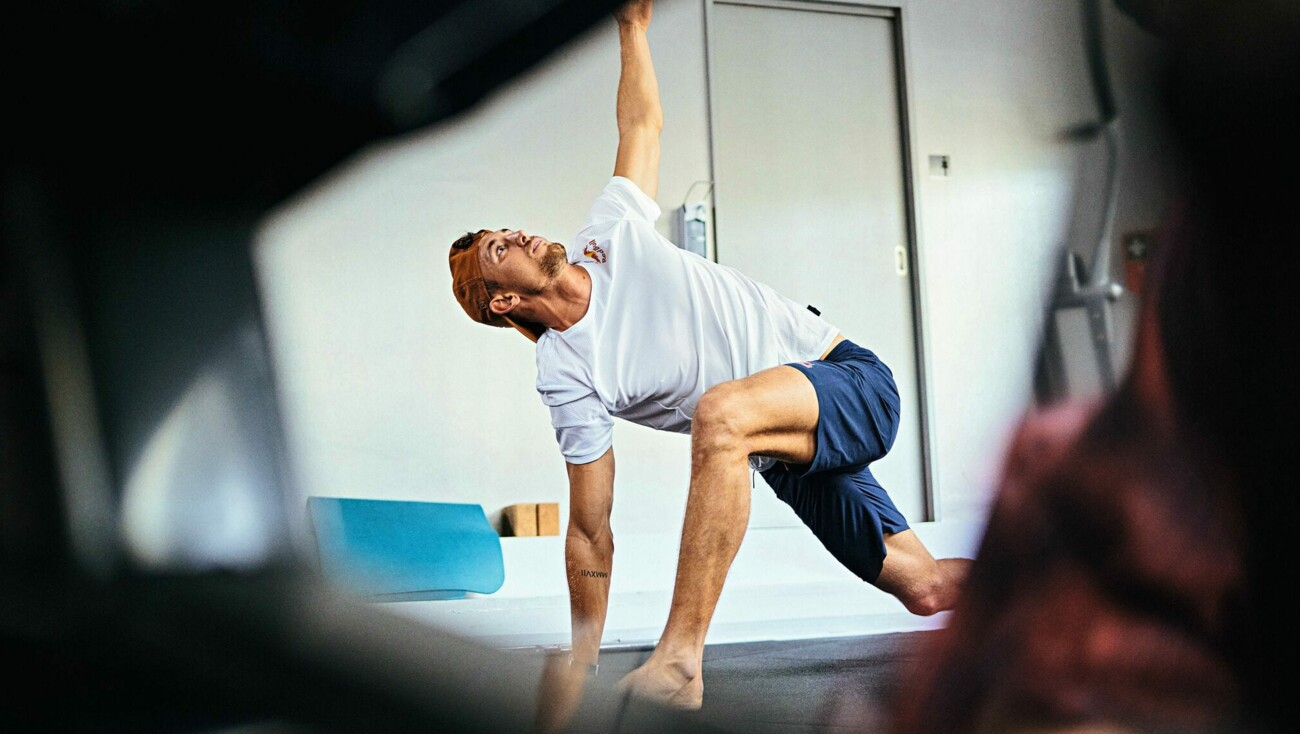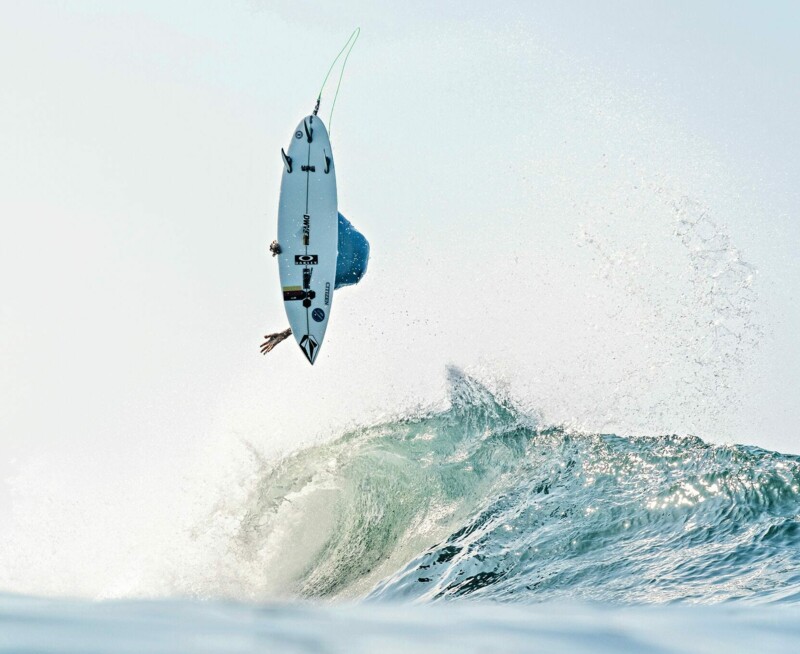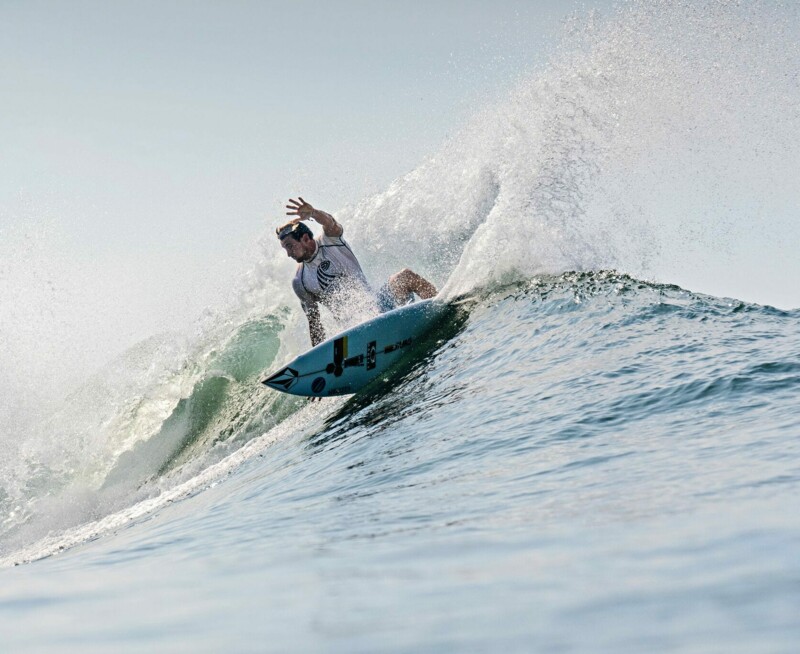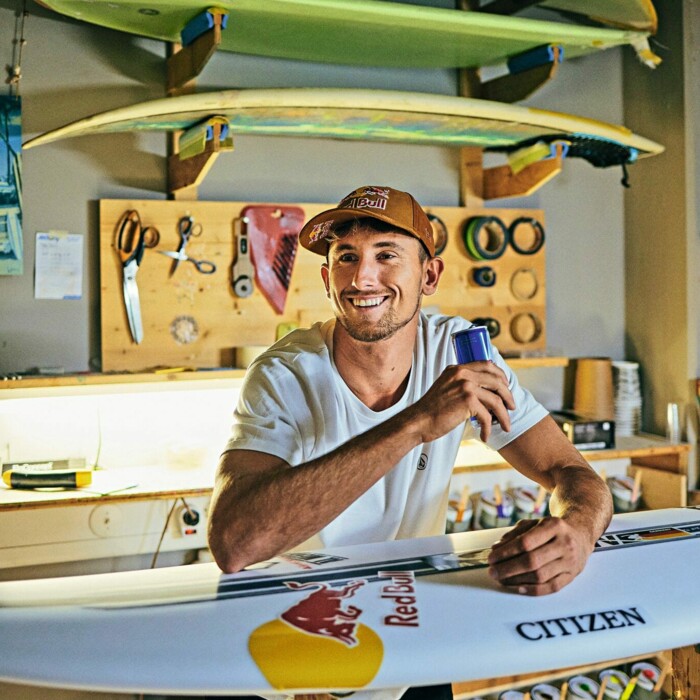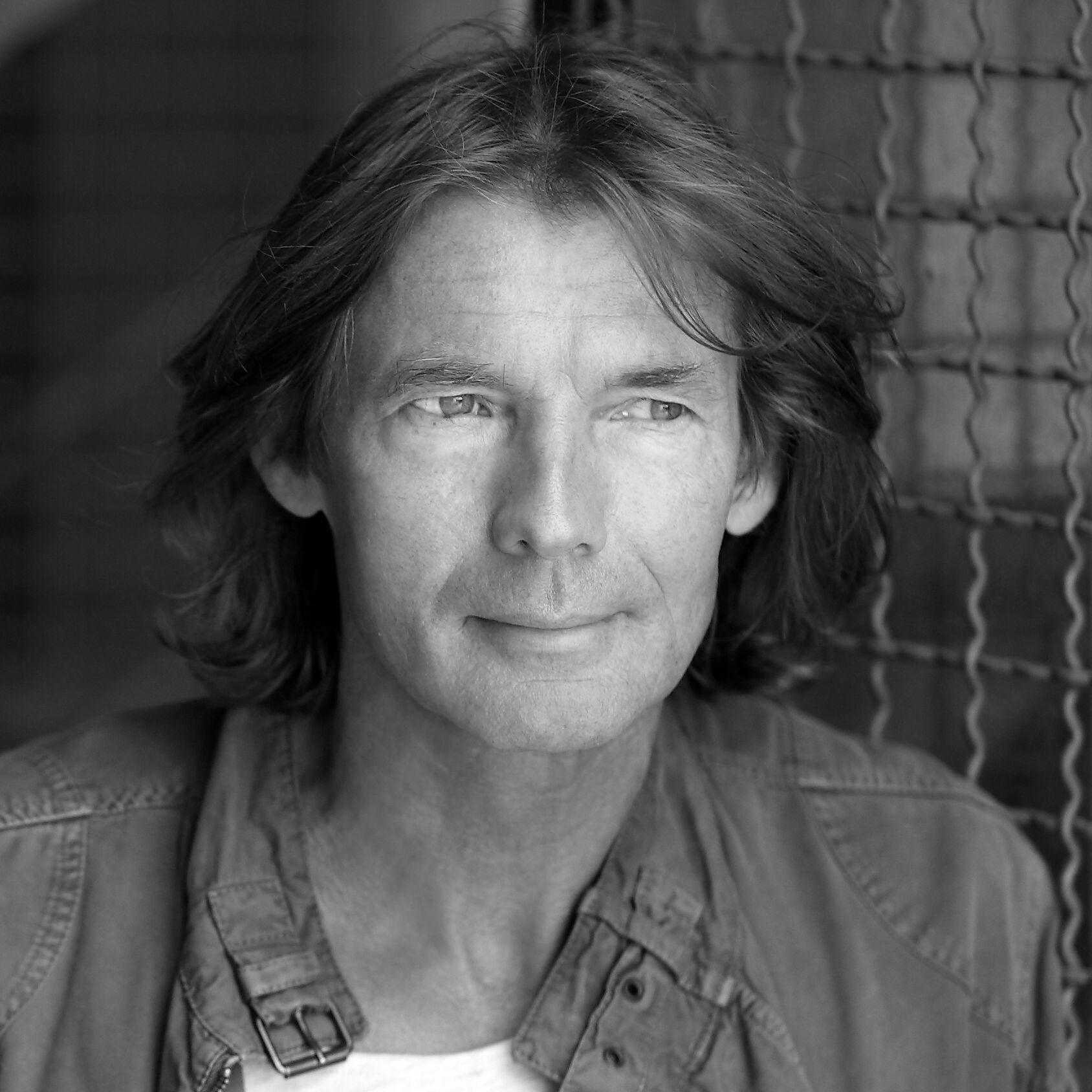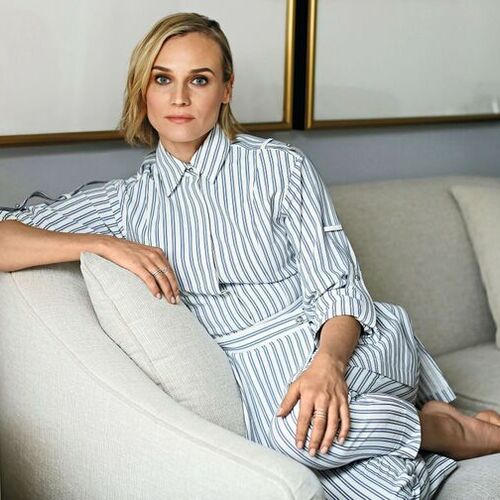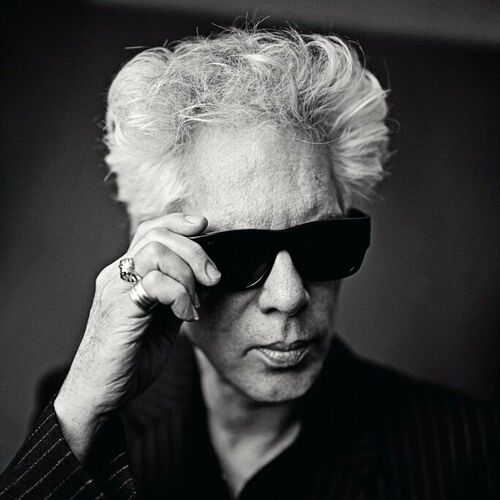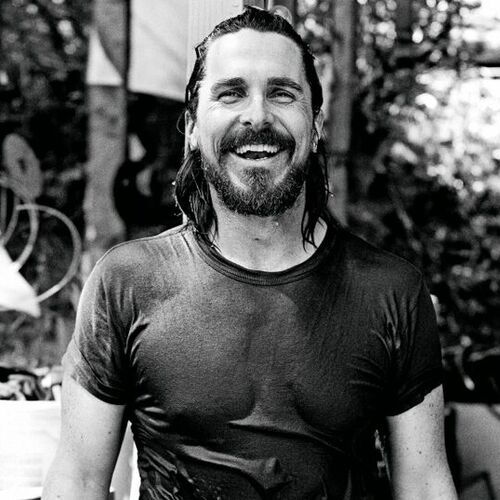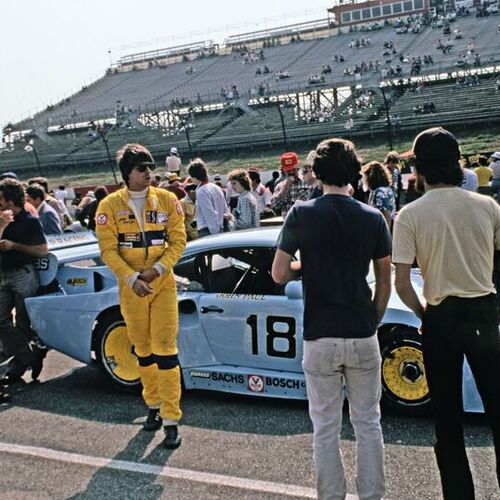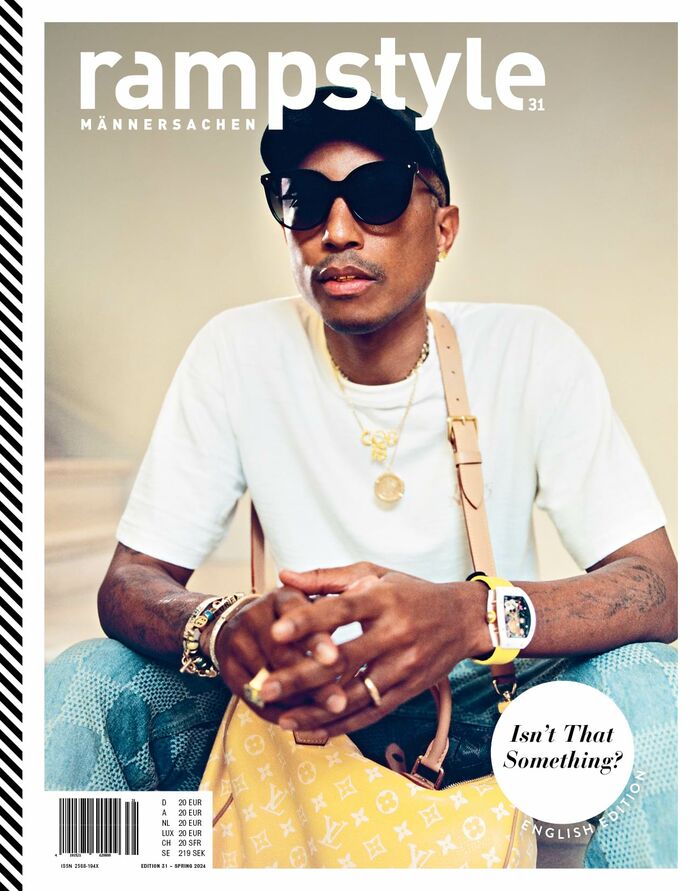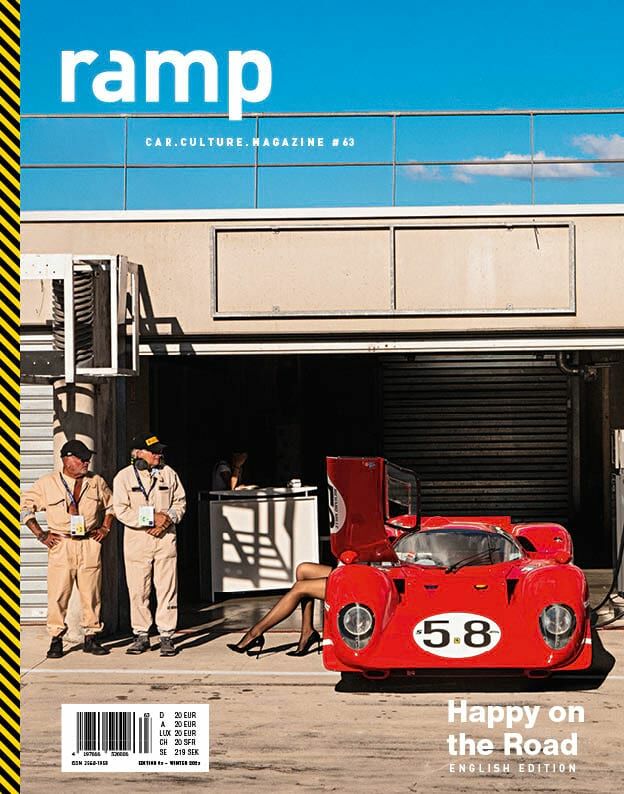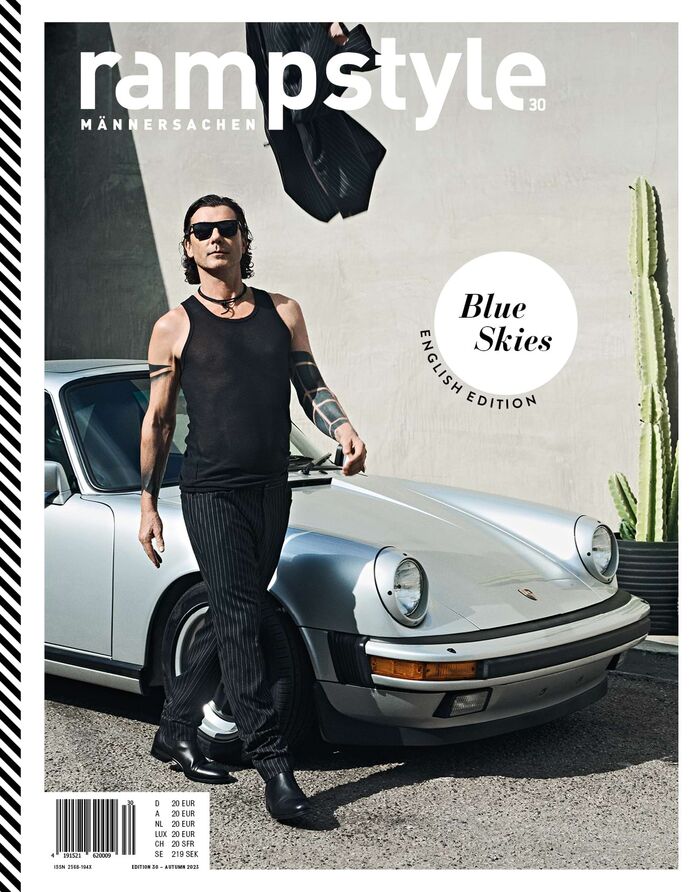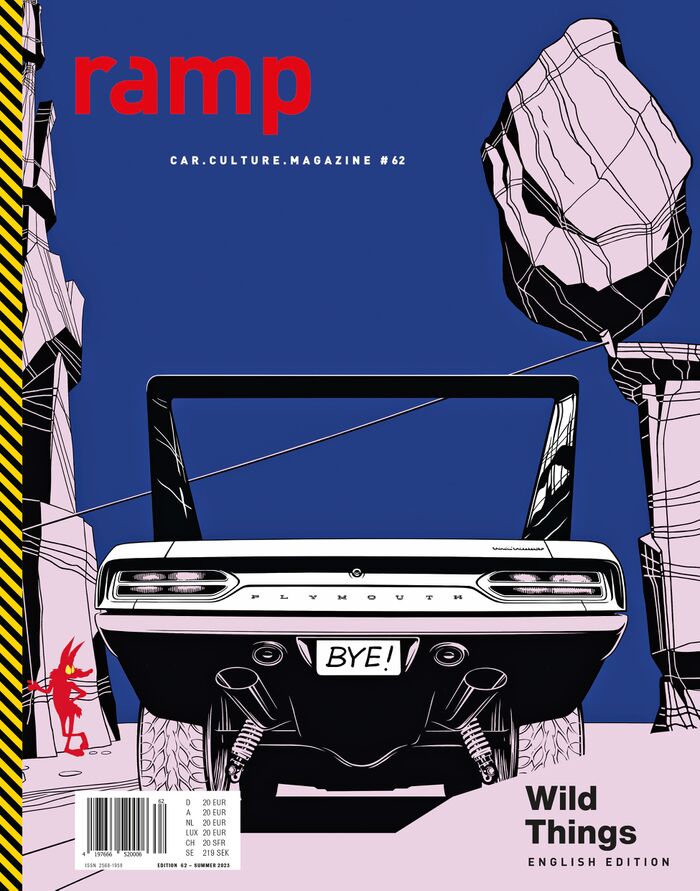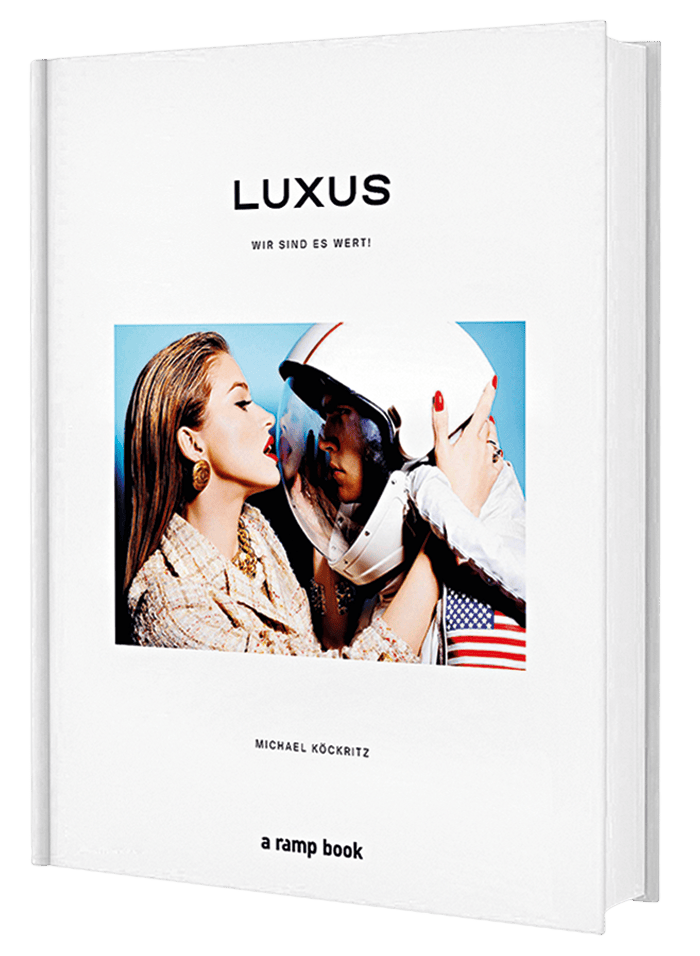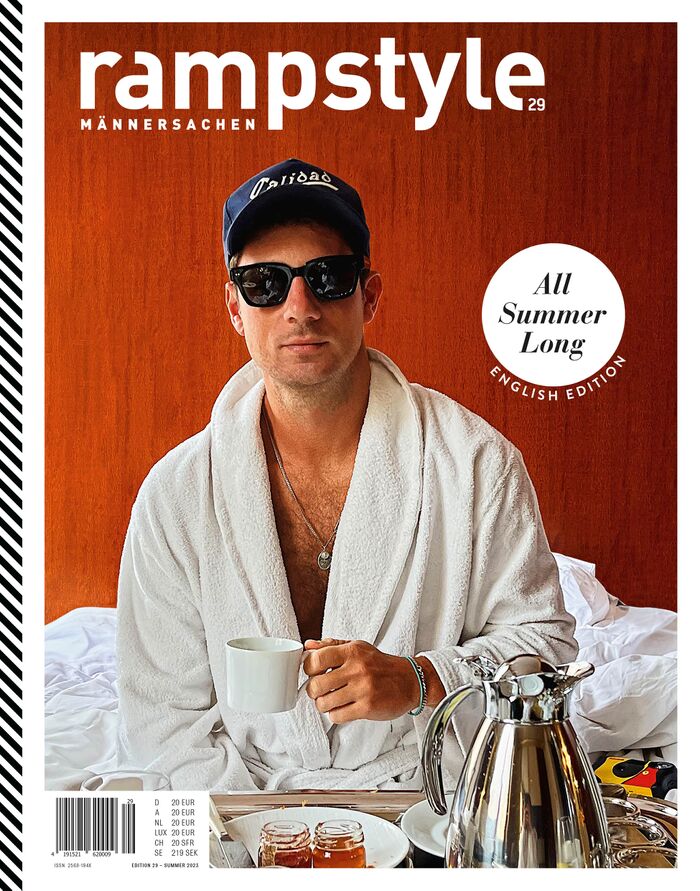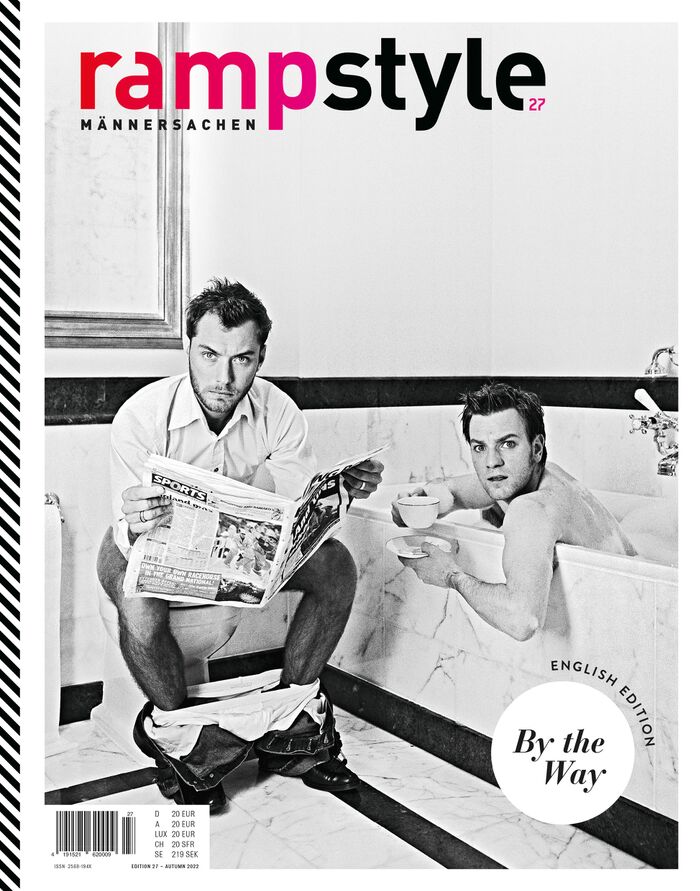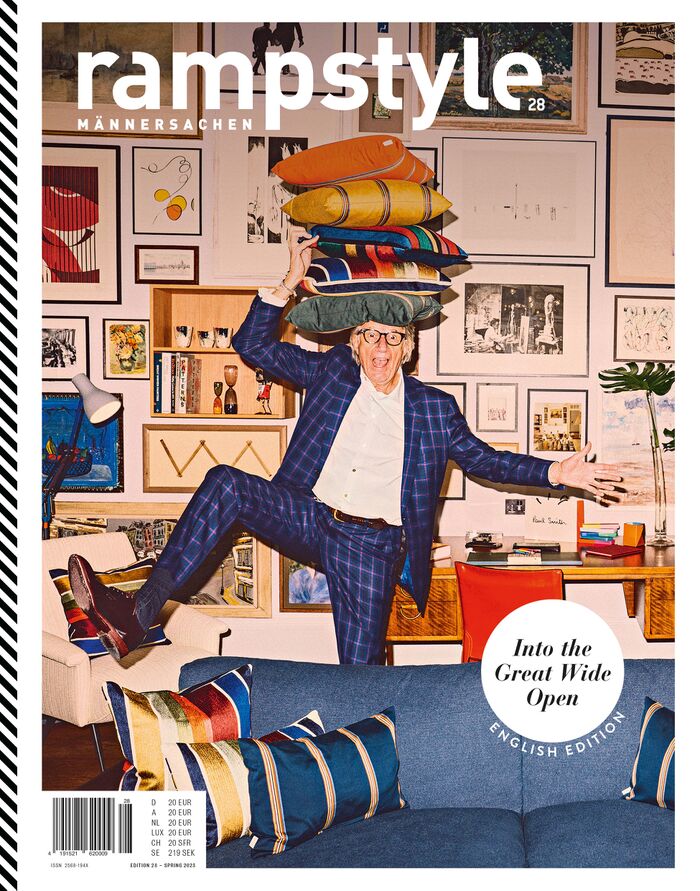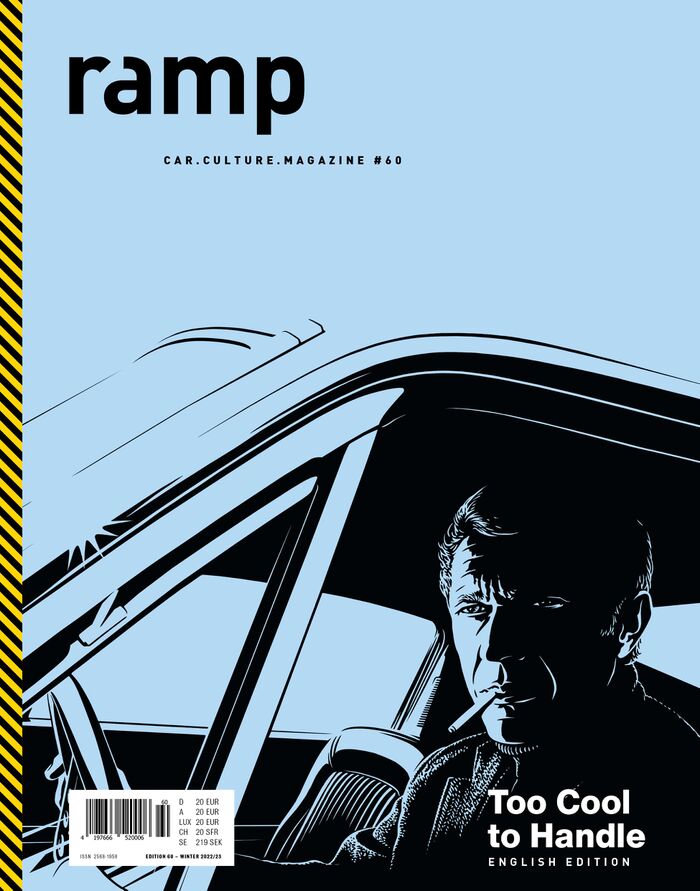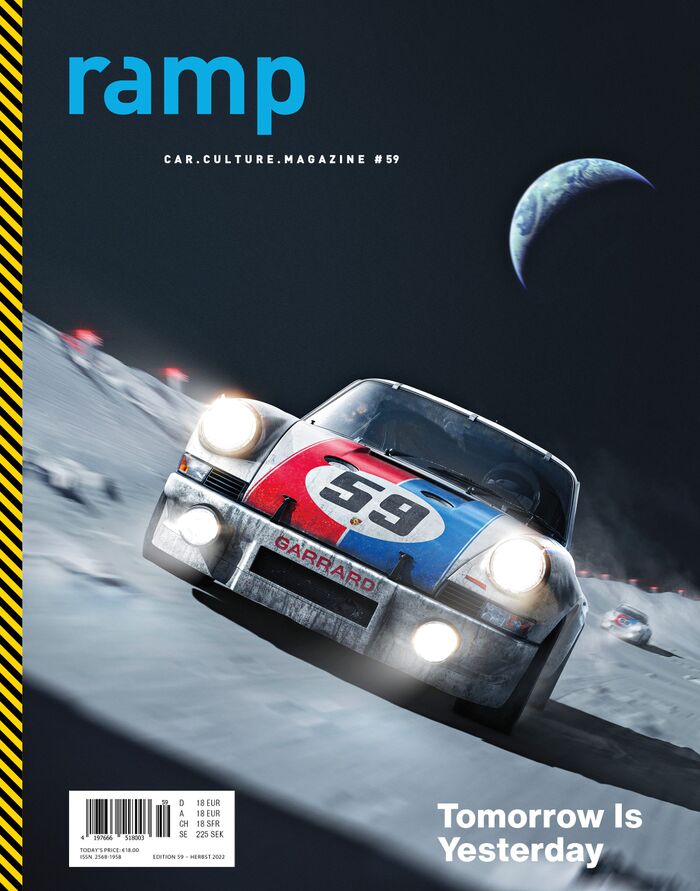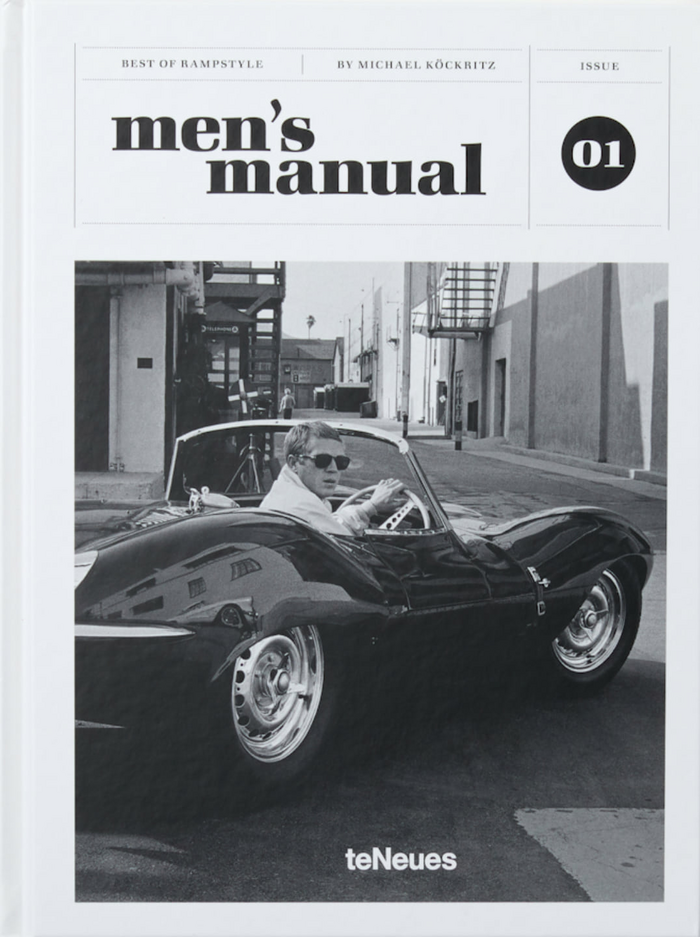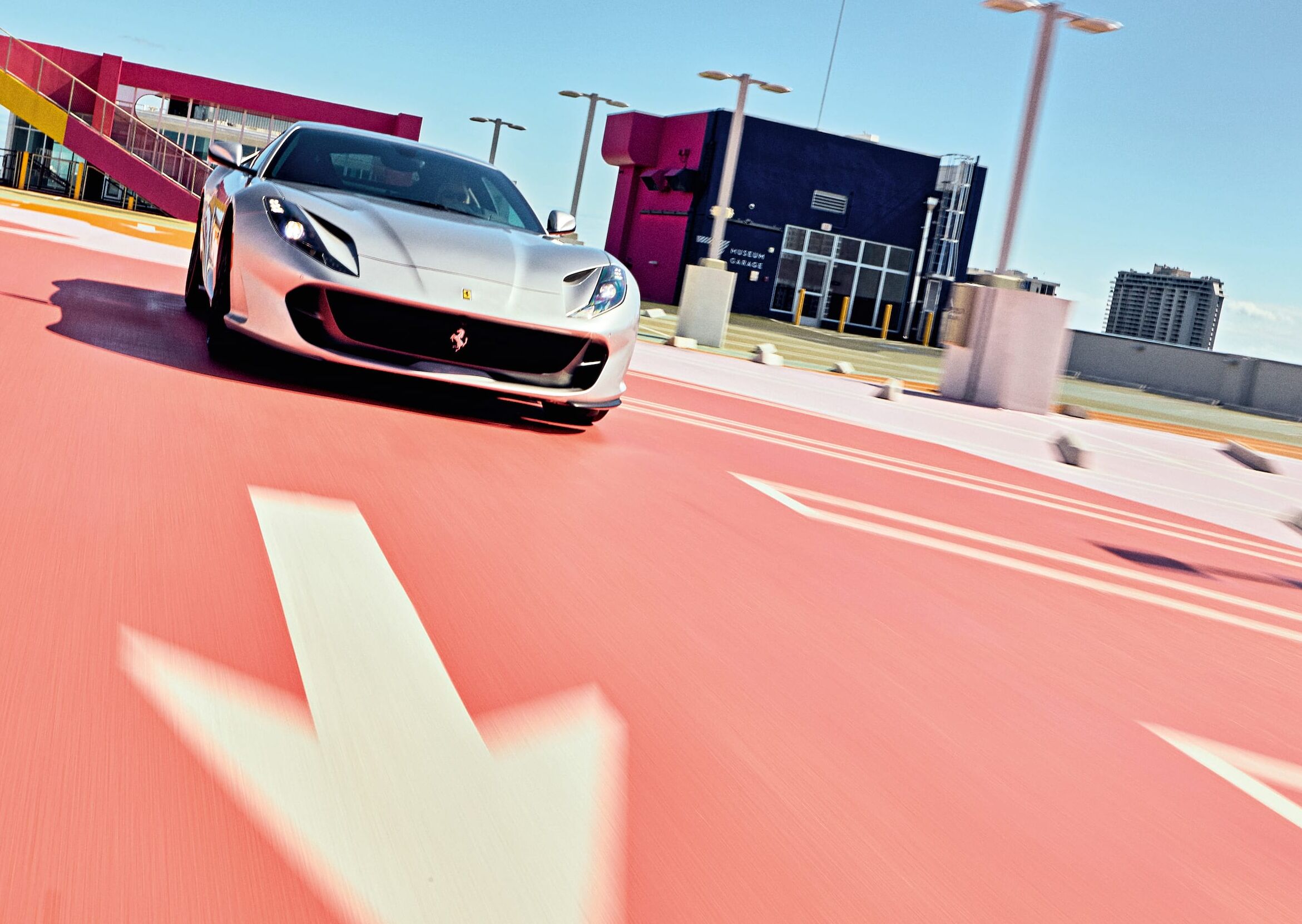And what happened next?
My mother got an email from my present agent. He wrote that he wanted to work with me. Then he concluded some contracts. So, I was only fourteen years old and suddenly I had a sponsor, a team and took part in numerous competitions. At the beginning, it was a little difficult because I felt alone. Of course, there was the team, but my mother, my father, my brother – they weren’t around. I was on my own. But it was definitely all worth it, because ten years later I competed in the Olympic Games.
How would you describe yourself?
I was born on Hawaii and grew up in a small town in the south of Costa Rica. My parents are German. I really started from scratch and worked very hard. And when you work really hard, you can achieve anything.
What does surfing mean to you?
It’s my life. I wouldn’t be able to live without it. I always have to be close to the sea. It’s enough for me when I’m able to see some water – then my mind can go surfing.
Surf culture is often portrayed very romantically. Is it really such a perfect, beautiful world?
Yes and no. Hobby surfers are always looking for the perfect wave, they spend their time on the beach, in the sun. They see the good and beautiful things. There’s nothing wrong with that. It’s romantic. It’s like paradise. The life of professional surfers is completely different, though. Of course, we also have a day off now and again, but usually we have to complete our training. When the waves are good, we go surfing – in the rain, during storms and winds. We have a goal, when we’re surfing. We talk to our coach afterwards. And then we go back in. That’s hard, but it’s totally worth it. Winning an important competition gives me the best feeling in the world. And that’s what makes all these hard days better than the perfect wave.
Do you sometimes push your luck?
When you’re surfing big and dangerous waves, you’re definitely pushing your luck a little. But it’s exactly in these situations that you’re most focused, most concentrated.
And what about fear?
Professional surfers also know fear, because they’re often on their own. You’re touring the world for eleven months in the year, your team is your family. Sometimes you’re sad and want to go home. You fear that you might fail at the Olympics or at another competition. I still think that it’s a good kind of pressure, because I chose it – and because I decided that I wanted to make it.

